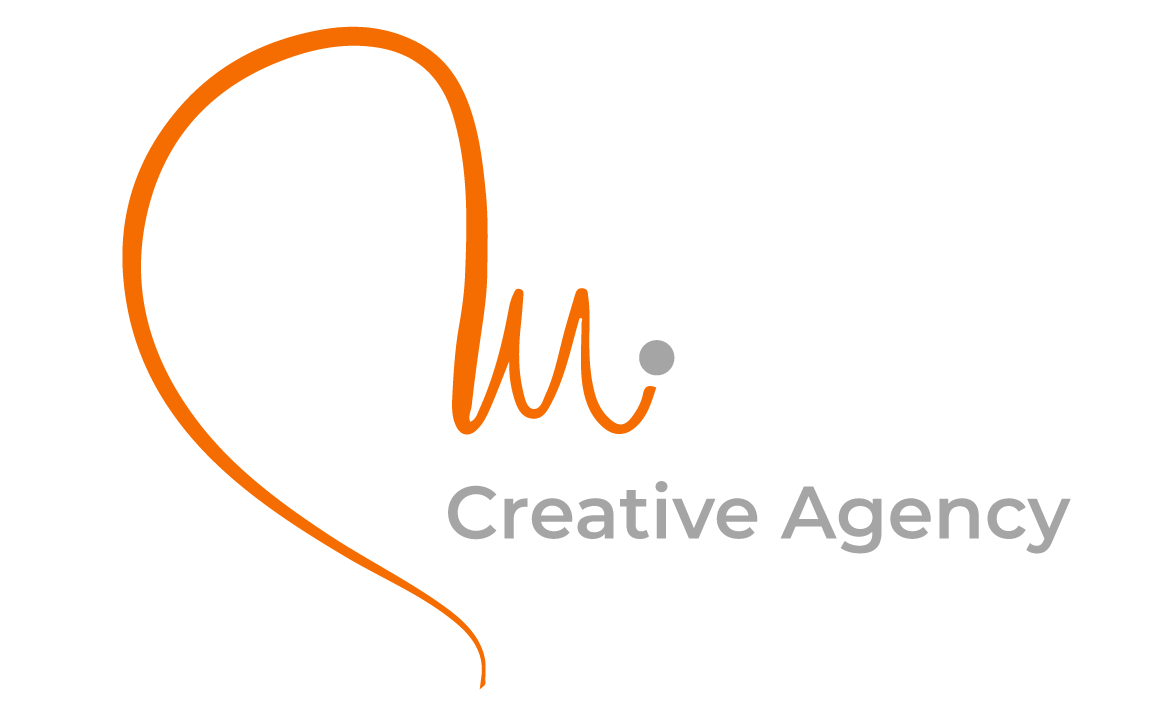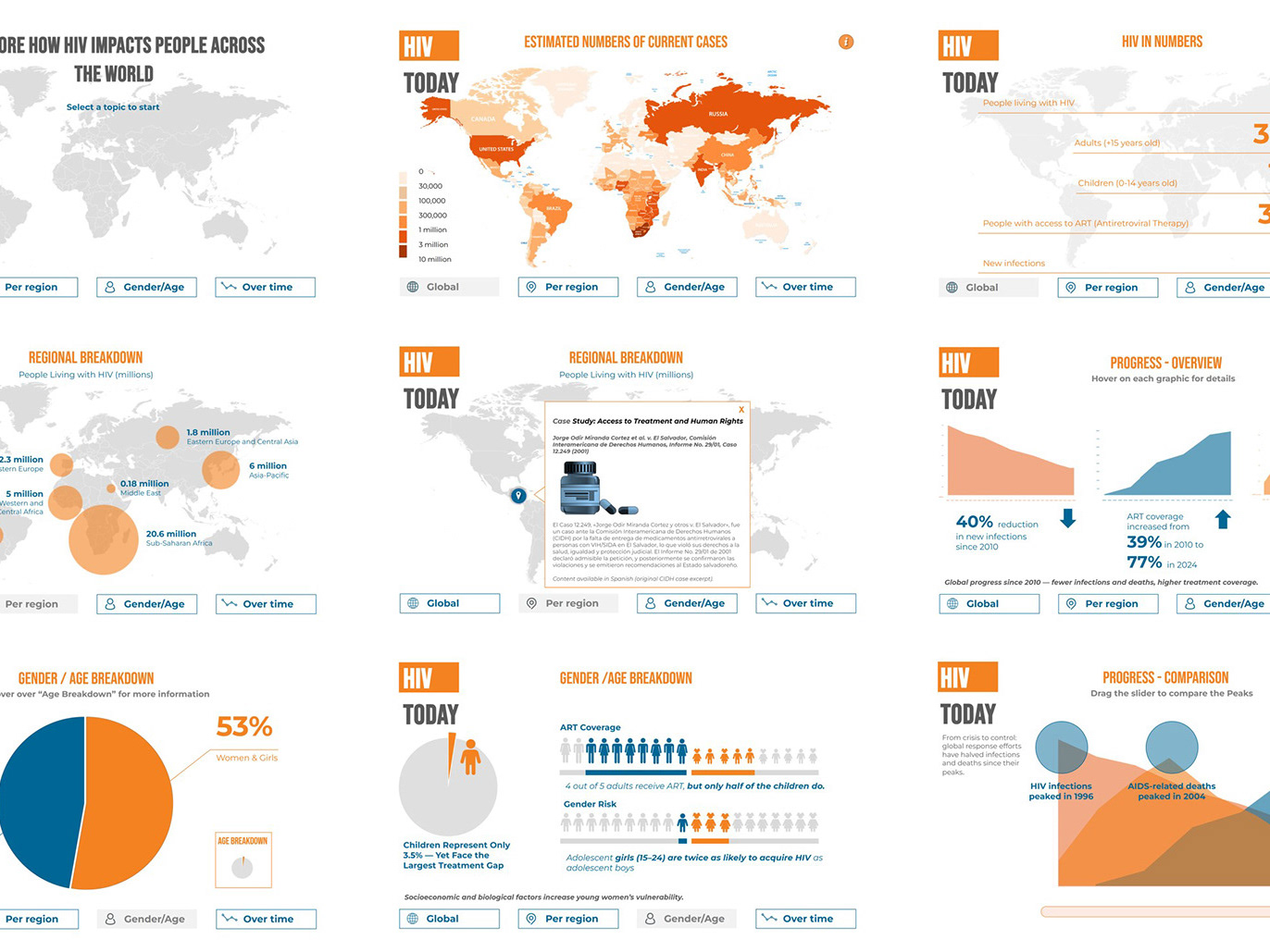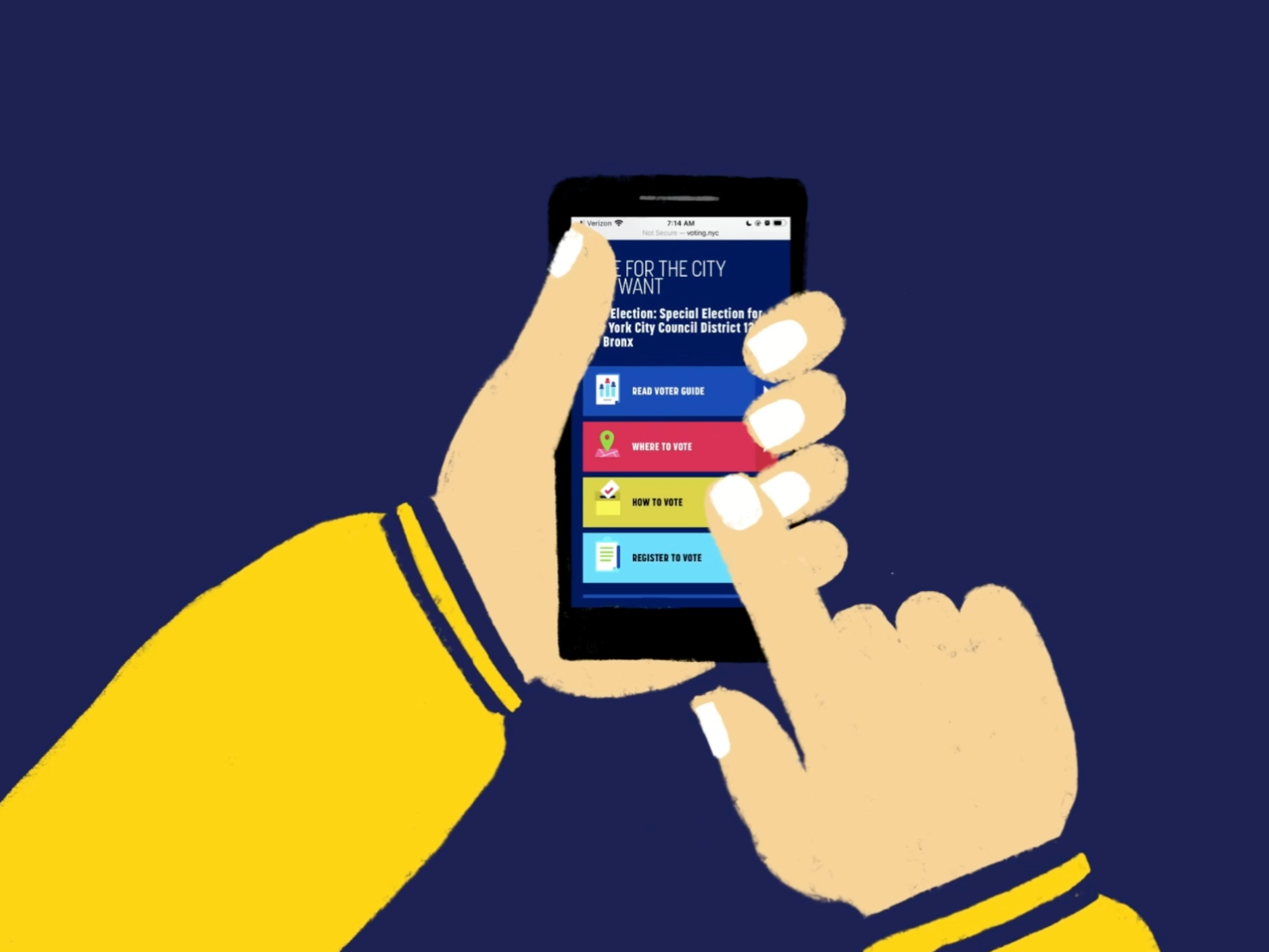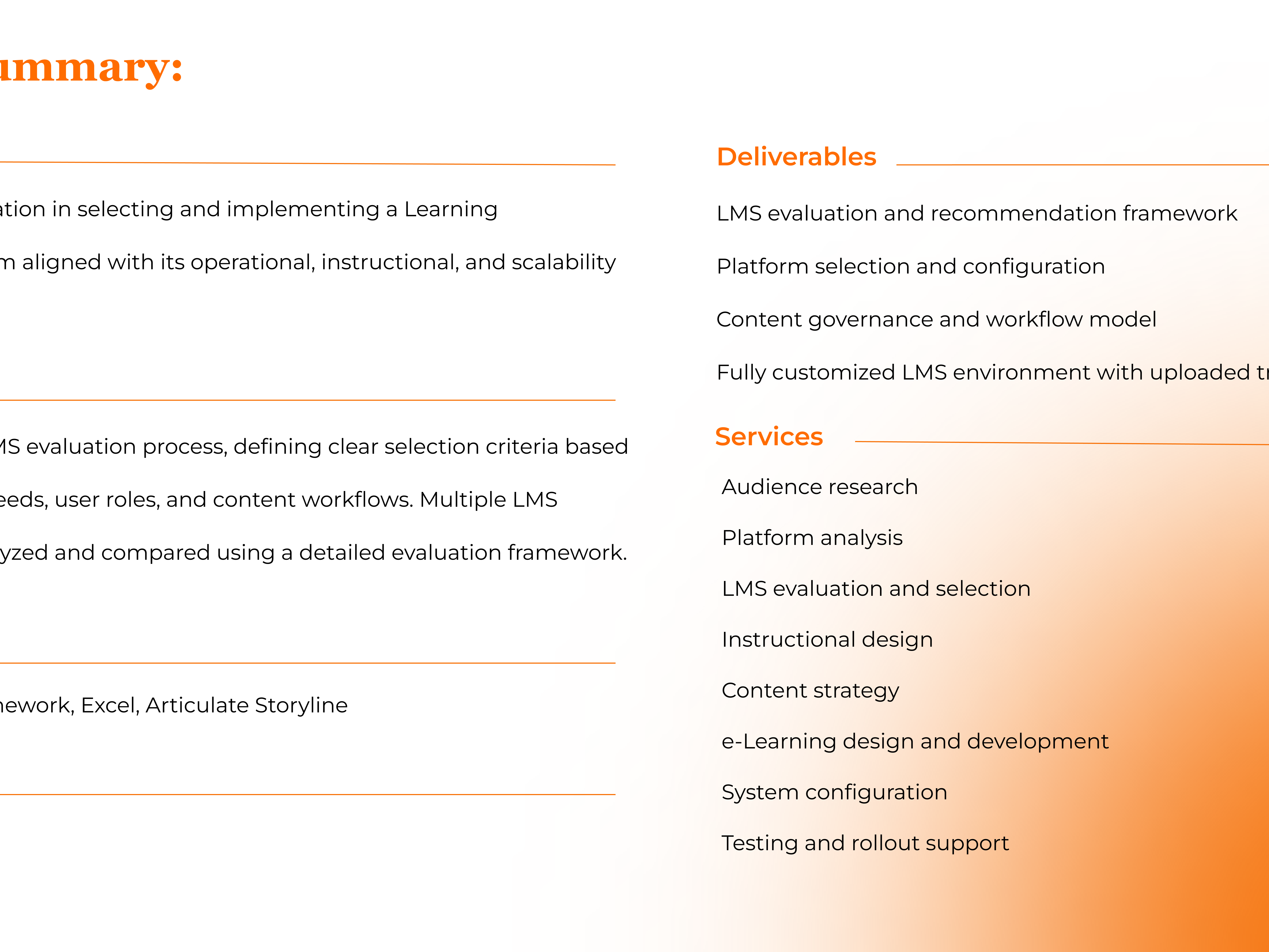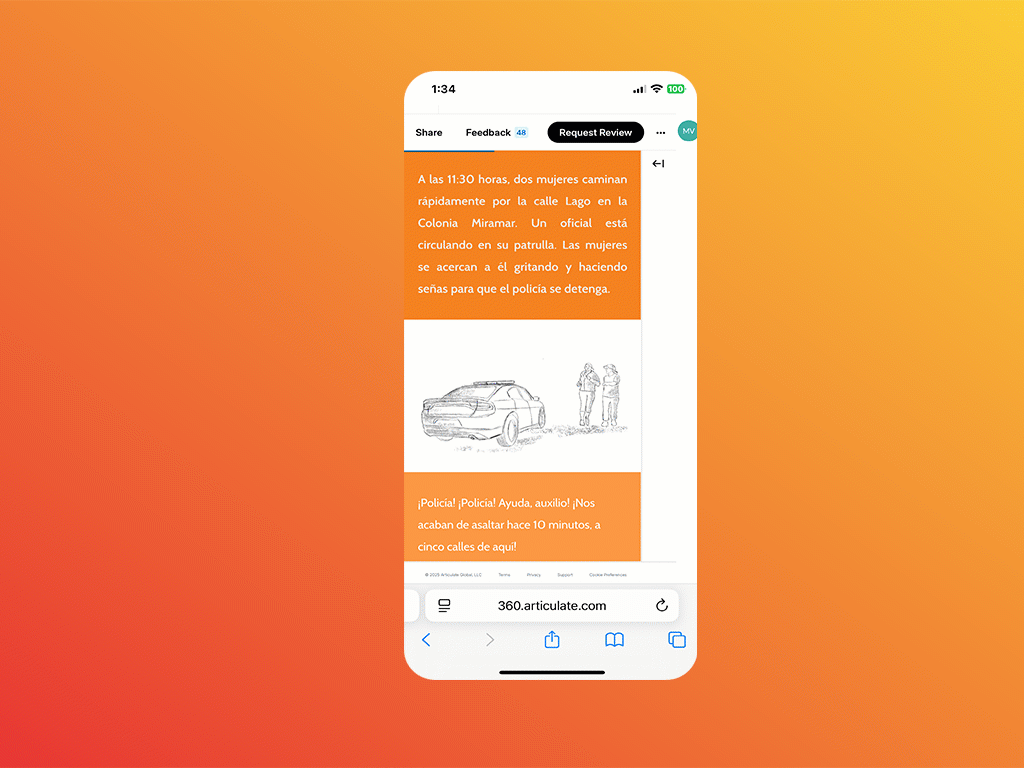From PowerPoints to a Comprehensive Training Library and a Strong Brand Identity
The Challenge
A growing pharmaceutical company approached me to enhance their training materials. Their existing content consisted primarily of text-heavy PowerPoint presentations, which were not engaging or interactive. The challenge was to:
• Transform static PowerPoint slides into dynamic e-learning courses.
• Add instances for learners to practice real-life skills.
• Create content that boost learner engagement and reinforce the company's brand in all communications.
Training was delivered through PowerPoint Presentations
The Solution
I developed a comprehensive eLearning strategy that included:
• Transforming PowerPoint presentations into engaging, interactive eLearning courses.
• Designing and developing explainer videos and software simulations.
• Establishing a cohesive visual identity across training and marketing materials.
• Introducing a brand manual to ensure consistency across communications.
This approach not only enhanced the learning experience but also solidified the company’s brand identity.
My Process
• Needs Analysis: Discussed with subject matter experts to find key learning goals and audience needs. Identified the most important skills the learners needed to develop with the course.
• Content Review and Planning: Analyzed existing PowerPoint slides to determine the core content. Created initial sketches and prototypes to envision the final learning solution.
• Interactive Design: Added activities for learners to practice real-life scenarios and reinforce key concepts.
• Brand Integration: Used brand elements such as the company’s logo, colors, and typography to ensure a consistent and professional look.
• Technology Choice: Selected Adobe Captivate for its advanced interactivity and browser compatibility. Later on, I also started to work with Articulate Storyline.
• Brand Manual Creation: Developed a comprehensive guide specifying how to use the company’s logo, colors, imagery, and typography consistently.
Scenario-based Learning
As a former teacher, I draw on didactic transposition and adult learning principles to adapt scientific knowledge for teaching purposes. One effective strategy to restructure complex concepts into memorable learning experiences is scenario-based learning. Immersing learners in simulated environments allows them to experience scenarios as if they were in real-life situations, making the learning process not just relevant but also deeply engaging.
In this project, we collaborated with the Subject Matter Expert to design clinical scenarios where learners made decisions based on a patient’s unique responses and/or assessed a specific diagnosis. Each decision was followed by feedback from an expert. This information reinforced key concepts and offered guidance on best practices. Giving feedback immediately after the learner’s decision significantly boosted knowledge acquisition and retention.
The scenario structure evolved from straightforward, foundational decisions to intricate, nuanced ones that mirror the challenges clinicians encounter daily. This gradual complexity provided a safe environment for learners to evaluate their decisions and reflect on real-life implications.
We followed Cathy Moore’s Action Mapping strategy and integrated the stages of Design Thinking—Empathize, Define, Ideate, Prototype, and Test—to ensure our scenarios were relevant, realistic, and learner-centered.
The Results
Quantitative Impact:
• Created 31 explainer videos, 16 eLearning courses, and 21 software simulations in four years.
• Delivered training materials in more than 10 languages.
Qualitative Impact:
• Real-world scenarios and decision-based interactions ensured relevance and practical application
• Developed a strong, cohesive brand identity across training and communication materials.
• Fostered a collaborative relationship with the company’s leadership, earning praise for delivering visually appealing and impactful solutions.
Also, I actively participated in the company's training strategy by implementing a new Learning Management System to improve internal processes and reporting workflows.
Working with Mayra has been a pleasure. Mayra’s knowledge of design and theory, combined with her easy personality style, allows us to improve our courses in real-time. If a change is needed Mayra is right there to provide guidance and implement the revisions with a short turn-around. Our CEO commented that he has “been to many ‘presentations’ and has never seen one as interactive and engaging” as the one that Mayra put together for us.
Cronos, an IQVIA business (USA)
Key Takeaway
We know the process, tools, and technologies to translate the vision of our clients into tangible products.
We can develop a comprehensive eLearning strategy to build large-scale multilingual training libraries. And, we can boost your brand perception by creating a consistent visual identity across all communications and products.
What if you could achieve this for your business?
